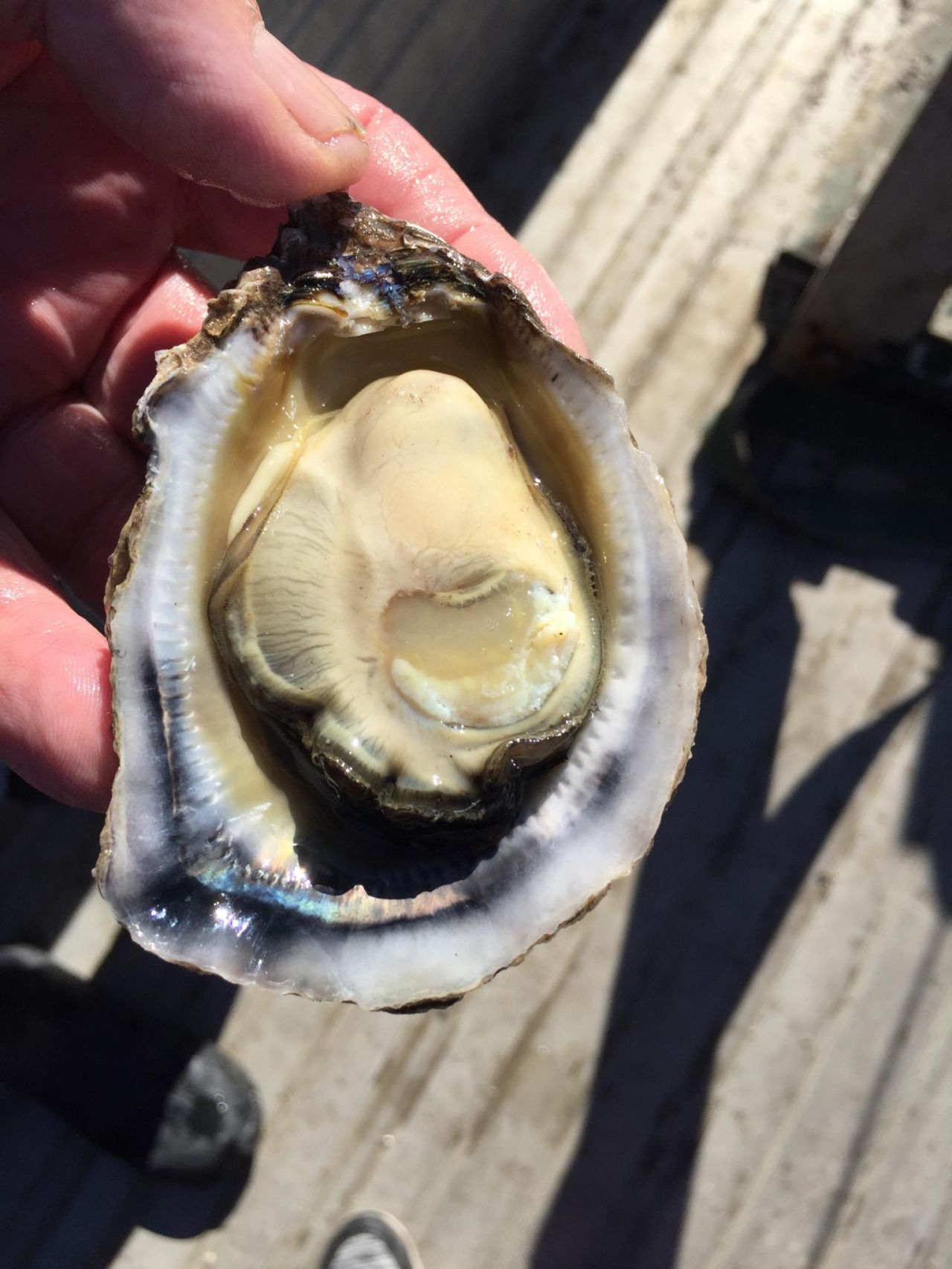The Comeback of Queensland’s Native Oysters: A Climate-Smart Revival
- Adaptation story
- Queensland

Along Queensland’s tropical coast, an oyster revival is quietly reshaping the future of aquaculture. Once written off as a fading industry battered by disease and climate extremes, oyster farming is finding new life in two resilient native species – the Blacklip Rock Oyster (Saccostrea echinata) and the newly identified Queensland Sunshine Oyster (Saccostrea solaris).
For decades, Queensland’s oyster sector relied almost exclusively on the Sydney Rock Oyster (SRO). But this species, pushed to the northern edge of its range, has proven highly vulnerable to a parasite known as QX disease. Triggered by heat stress, heavy rainfall, and degraded catchments, QX has devastated beds across southeast Queensland and northern New South Wales. Even the hardiest SRO strains offered little protection against outbreaks – leaving growers with few options in an era of rising climate stress.
That’s where the tropical contenders step in.
Led by Senior Research Scientist Max Wingfield and his team at the Queensland Department of Primary Industries, and backed by the FRDC, project 2021-047 is pioneering a new chapter for oyster aquaculture. Their focus is on farming Queensland’s own tropical oyster species—shellfish naturally adapted to thrive in warm, variable waters and resistant to the devastating impacts of QX.
The promise is enormous. Both the Blacklip Rock Oyster and Queensland Sunshine Oyster can be farmed along almost the entire Queensland coastline, dramatically expanding the industry’s potential footprint. They grow quickly, reaching market size in just two years, nearly a year faster than SROs, and their tolerance for temperature swings makes them well-suited to a future shaped by climate change. Most importantly, the Queensland Sunshine Oyster appears to be completely immune to QX disease, offering farmers a level of certainty they’ve never had before.
But unlocking this opportunity required innovation. Hatchery bottlenecks had long plagued tropical oyster production. Traditional settlement techniques were inefficient and chemical dependent. The breakthrough came when Wingfield’s team developed a simple, nature-inspired solution: folded plastic strips combined with “oyster water” from adult tanks. This method provided the perfect cues for spat to settle, boosting efficiency, eliminating the need for chemicals, and opening the door to reliable large-scale hatchery production.
The results speak for themselves: survival rates of nearly 100% through nursery stages, rapid growth through to market, and resilience in estuaries where Sydney Rock Oysters collapse under QX pressure. Farmers like Colin Wren, trailing the Sunshine Oyster on the Pimpama River, are already witnessing success: thriving oysters despite consecutive years of heavy QX outbreaks.
This revival is about more than just oysters, it’s about adaptation. By shifting focus to species that are naturally suited to Queensland’s changing climate, the industry is building resilience against future shocks. Oysters themselves are climate allies too: they filter and clean coastal waters, enhance biodiversity, and can lock away carbon in their shells.
Next comes the ultimate test: taste. With the first market-ready batches now being harvested, sensory evaluations and consumer trials are set to begin. Early reports are promising: these tropical oysters don’t just survive – they’re delicious!
The comeback of Queensland’s native oysters is a story of science, innovation, and hope. It shows how working with nature, rather than against it, can revive an industry under threat and chart a more resilient path for coastal communities. For oyster farmers long battered by QX disease, the future suddenly looks brighter, and tastier.
FRDC story available here: https://www.frdc.com.au/news/comeback-queenslands-native-oyster